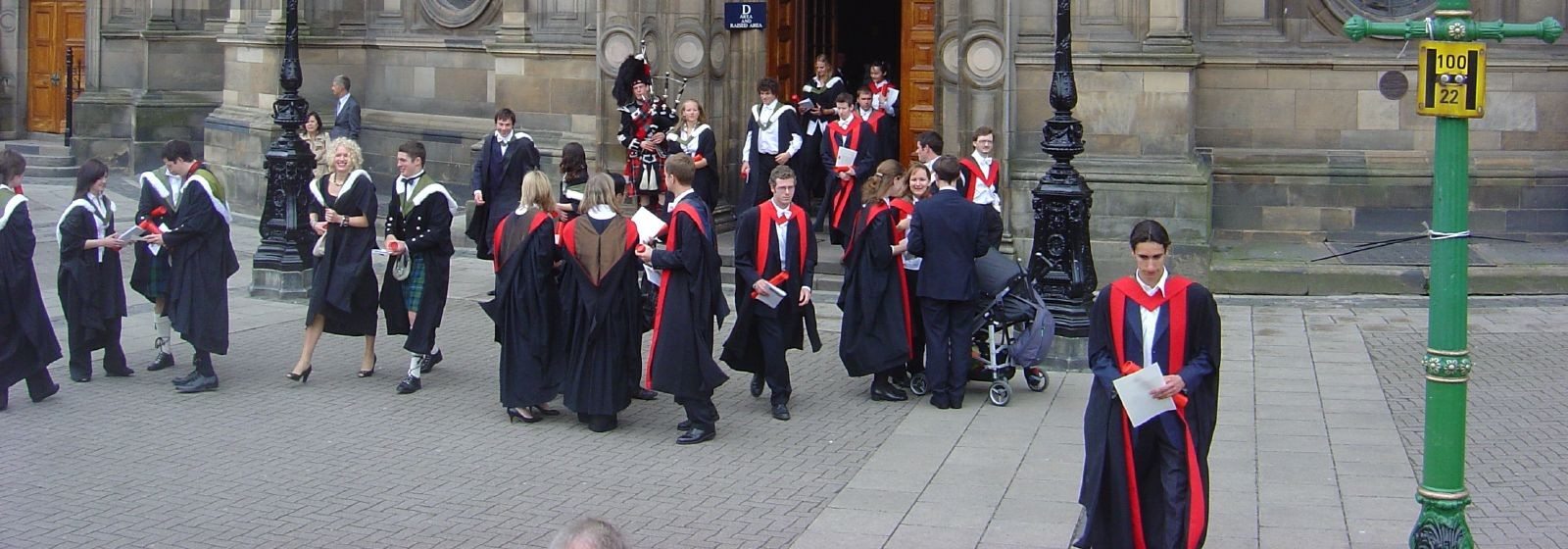Graduates from poorer backgrounds earn less than wealthy peers
A study by Deloitte suggests that graduates from under-privileged families earn 10% less than their peers from wealthier backgrounds.
The study found that the biggest wage gap (at 15%) is found among Law graduates, while those who study Computer Science or Social Sciences can expect to be paid 13% less than their well-off peers.
According to Warwick Law School, the average starting salary six months after the course was £22,000, compared with £18,000, which is the average salary in the UK after taking a similar course.
Ex-Warwick student Lasya Gulibhi believes that the reason for this gap is due to those from wealthier backgrounds having access to good schooling and contacts. Good primary and secondary education helps students get into universities such as Warwick, she believes.
“They also tend to have more access to information and opportunities, and in the UK induction into banking programmes starts from school and the first year of university,” she says.
She adds that her experience at a university like Warwick, where there is a strong culture of applying to jobs in banking, professional services and other large companies, is what may differentiate what she would earn to someone from a poorer background at a different university.
She stated: “Privilege opens up opportunities. Everyone seemed to be from similar backgrounds on my course [Economics] at universities such as ours.”
According to the Warwick School of Engineering, the average starting salary for the 2015/2016 cohort was £25,800, which is significantly higher than the sector norm (Engineering Sector = £24,500).
A 2015 survey by the Telegraph states that Warwick Business School is the third-best institution to attend by graduate pay, whereas the University of Warwick churns out graduates who earn the 14th-highest graduate salaries. This still seems to be higher than salaries of graduates from other universities.
David Sproul Deloitte’s Chief Executive, believes that this wage gap in graduates needs to be addressed in order to improve productivity in the UK.
He commented: “It is important that businesses, higher education leaders and the Government work together to get this right.
“Failing to do so limits the talent pool from which companies can recruit and reinforces a perception that the rewards of economic prosperity are reserved for a privileged few.”
Data from UCAS shows that the number of young people from the least advantaged backgrounds who apply to university is ten times lower than those from the wealthiest families.
Sproul added: “Action is required to improve access to education, ensure equality of employment opportunities and equip young people with the skills they need to succeed in a digitally-driven economy.”

Comments